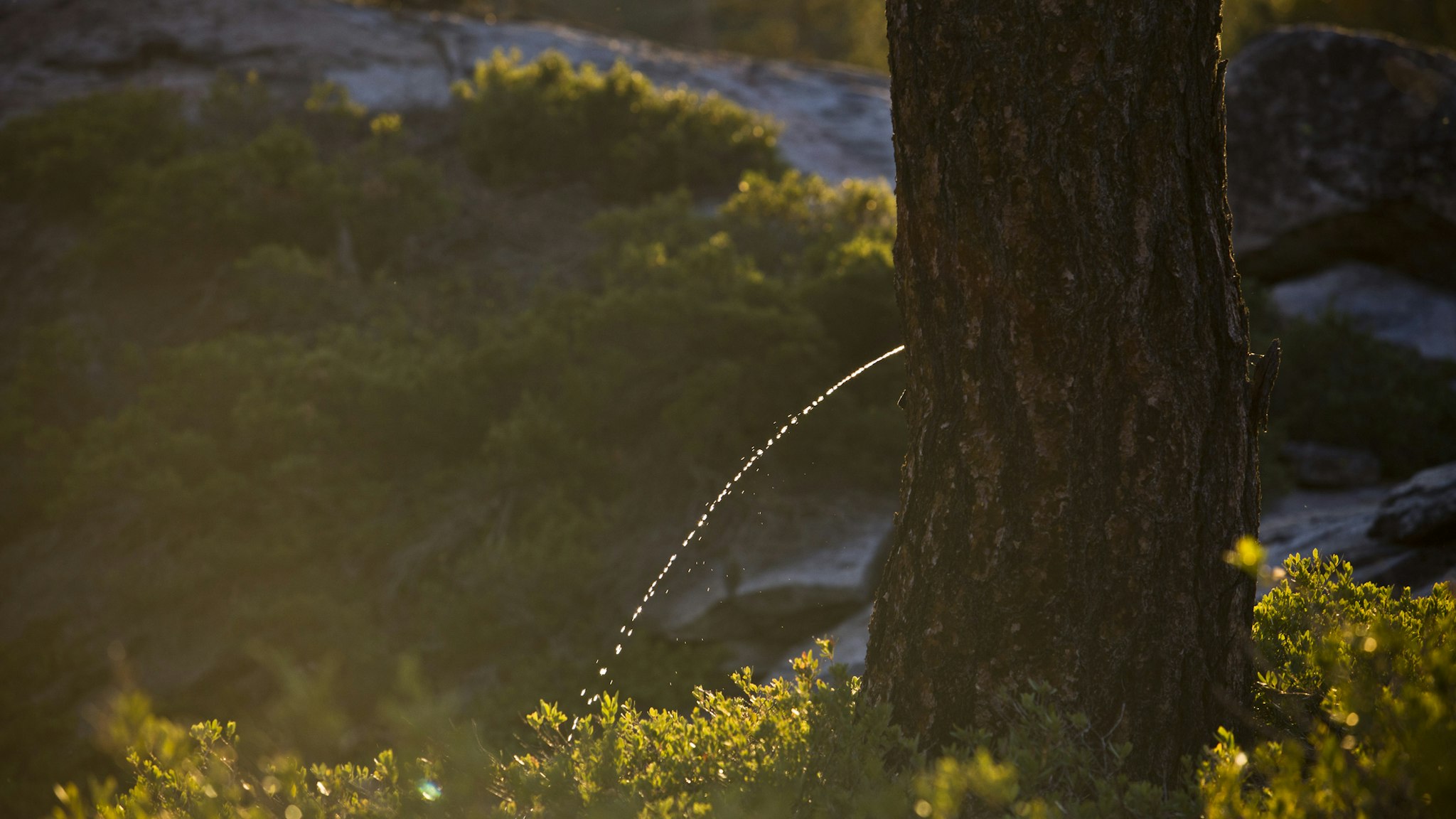If you’re worried about the international fertilizer shortage, urine luck!
The war in Ukraine has affected global production and transport of commercial fertilizers, sparking fears of a worldwide shortage that could hurt food production. But experts claim human pee contains key nutrients found in commercial fertilizers such as nitrogen, potassium, and phosphorus and is much better for the environment, according to USA Today.
“If you save all the urine that you produce in a day, there’s enough fertilizer in there to grow all the wheat that you need to make a loaf of bread,” said Abraham Noe-Hayes, research director at Rich Earth Institute. “It’s a huge amount of nutrients, and it could grow a significant portion of our dietary needs just from from the nutrients in our urine.”
Maybe don't tell the guests that they've eaten the bread from the wheat you peed on.😉
Pee on your plants: human urine can be used as an effective and sustainable fertilizer https://t.co/GQ4BS5yNMu
— Alexander Petruska🚀🛩🇺🇸🇨🇦🇧🇷🇷🇸🇸🇮🇲🇽🇮🇹 (@apetrusk) May 21, 2022
Sanctions on Russia as a result of its invasion of Ukraine have wreaked havoc on the fertilizer market, and U.S. farmers are feeling the squeeze. Russia and and ally Belarus previously produced 40% of the world’s potash, one of the key ingredients for fertilizer. Russia is also a key producer of urea and ammonium nitrate. Before the war, Russia and Ukraine combined to export 28% of fertilizers made from nitrogen and phosphorous, as well as potassium, according to Morgan Stanley.
Noe-Hayes’ Vermont-based institute operates the country’s first community-scale urine recycling program and was researching the pros and cons of replacing chemical fertilizers with pee before the war-driven shortage. While human pee might not be the immediate answer, but Noe-Hayes believes it is a long-term win all around.
The nutrients in urine cause environmental problems when they enter the wastewater system, according to USA Today. Since they cannot be completely removed, they end up in waterways where they cause harmful algal blooms. Using the nutrient-rich urine to help crops grow is a better alternative, according to the outlet.
Urine is the ultimate sustainable solution, according to Noe-Hayes.
“We can’t stop making it and it has to go somewhere. So why not have it go where it’s useful?” he said.
University of Michigan researcher Nancy Love has been studying urine-treatment technologies and people’s perception of pee-based fertilizers as part of a $3 million grant awarded in 2016 by the National Science Foundation, USA Today reported.
She believes when people’s attitudes change and technology improves, pee fertilizer will become mainstream.
“It’ll be longer term than short term,” Love said, “but we have to be doing the work now to get us there.”
In the meantime, if you want to go take a leak in the garden, here are some handy tips from Rich Earth Institute’s guide:
- Collect your urine in a sealable and airtight container: Add white vinegar or citric acid to the container before storing the urine to lessen the odor.
- Sanitize: If you intend to share your crops, sanitize your urine by storing it in an airtight container at 68°F or higher for six months. You don’t need to sanitize the pee if no one outside the home is going to eat the crops.
- Fertilize your crops: Apply the urine directly to the ground, not as a spray. The World Health Organization recommends waiting at least one month after fertilization before harvesting your crops.

Continue reading this exclusive article and join the conversation, plus watch free videos on DW+
Already a member?

